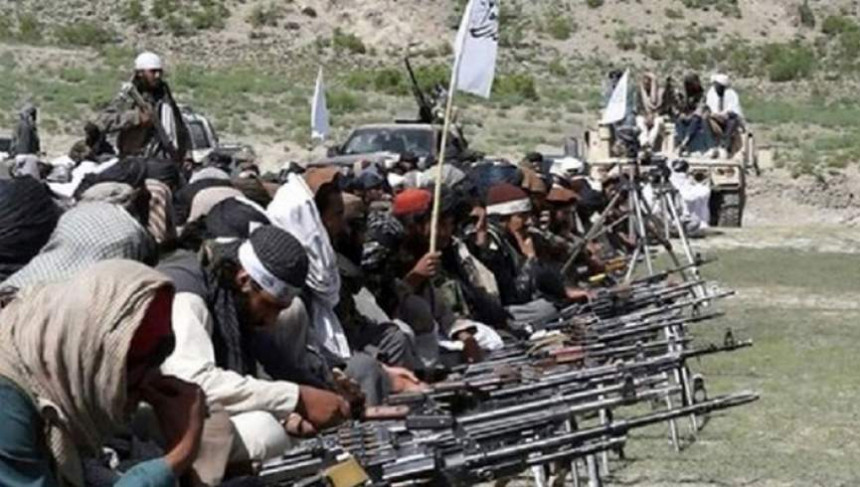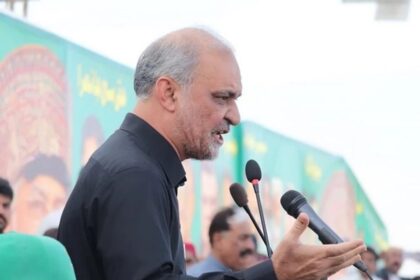RASC News Agency: A senior Taliban official, speaking to the British newspaper The Telegraph, has warned that widespread poverty and chronic mismanagement in Afghanistan are deepening internal divisions among the group’s leadership. The official stated:
“Several ministers are angry with Mullah Hibatullah and his draconian rules, but due to immense pressure, they cannot openly express their opposition.” Earlier, Zabihullah Mujahid, the Taliban spokesperson, asserted that once security is secured, the group’s priority would be “implementing economic programs.” Contrary to these assurances, poverty in Afghanistan has surged, with over 90 percent of the population living below the poverty line.
According to the senior Taliban source, the absence of effective governance and financial resources to address the population’s urgent needs has intensified the rift between Kabul and the leadership in Kandahar. The official cautioned:
“You cannot govern a starving nation. If the current trajectory continues, the likelihood of rebellion against Hibatullah and the outbreak of an internal conflict is real.” The Taliban have simultaneously crippled Afghanistan’s economic potential by banning women from working, effectively eliminating half of the labor force, while forcing the return of hundreds of thousands of Afghanistani migrants measures that have further exacerbated the humanitarian catastrophe. The Telegraph reports streets and marketplaces overflowing with children exhibiting visible signs of severe malnutrition, while extreme poverty has driven a sharp rise in crime and social instability.
Data from the International Rescue Committee reveals that over 28 million Afghanistanis urgently require humanitarian assistance, while roughly 40 percent of the population faces acute food insecurity. Germany’s Foreign Minister has warned, marking the fourth year of Taliban rule, that half of Afghanistan’s population lacks reliable access to sufficient food, clean water, and basic health services. The harrowing personal stories of Afghanistani citizens highlight the depth of the crisis. “Humira,” an Afghanistani woman, told The Telegraph that she was compelled to sell her two-year-old son to a landowner in exchange for 400 square meters of land, simply to keep her other children alive. She stated, “Every night I cry for my son, but I am grateful my other children have food.” Hamira’s story epitomizes the daily reality of millions of starving Afghanistanis who must endure not only hunger but also relentless oppression and brutality under Taliban rule.
The Telegraph additionally reports a disturbing surge in suicides, particularly in Khost province, where seven young people ended their lives in just three days a stark indicator of the social despair gripping the country. Despite this dire humanitarian situation, the Taliban’s Economic Deputy claims that operations are ongoing in 29 major and 175 smaller mines, providing employment directly or indirectly to 170,000 people. Historically, Taliban officials have consistently dismissed reports from international organizations and media regarding the deteriorating conditions and widespread hunger in Afghanistan, branding them as conspiracies aimed at undermining their regime.
The grim reality, however, remains indisputable: under Taliban rule, Afghanistan faces a catastrophic humanitarian crisis, widening internal fractures among its leaders, and a population whose survival is imperiled by systemic neglect, authoritarian oppression, and economic collapse. Unless urgent international intervention occurs and the Taliban are held accountable, both social unrest and the risk of internal conflict loom ever larger over the country.






